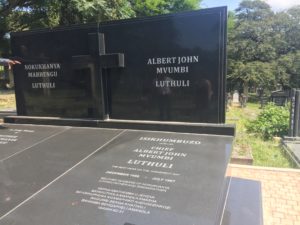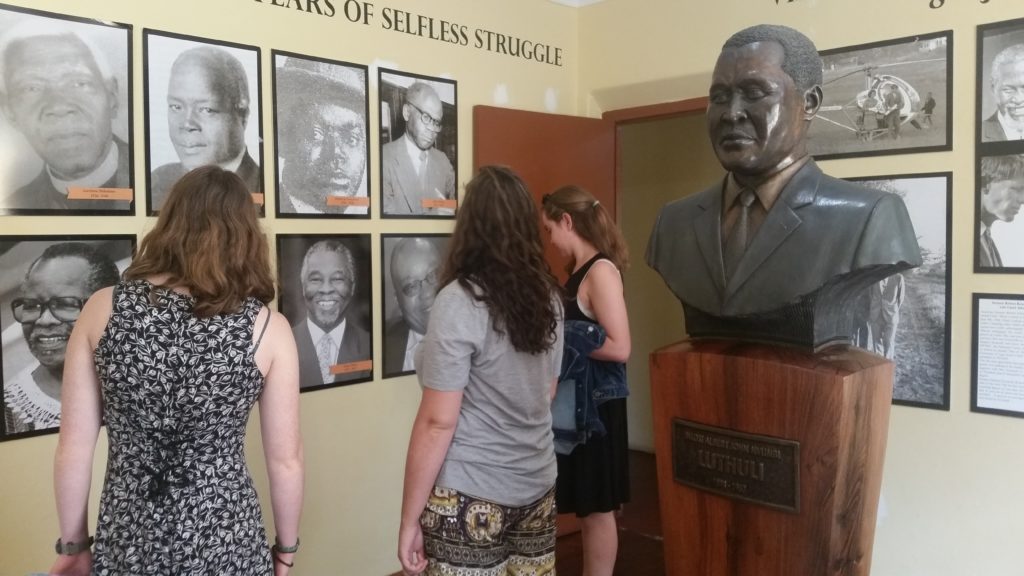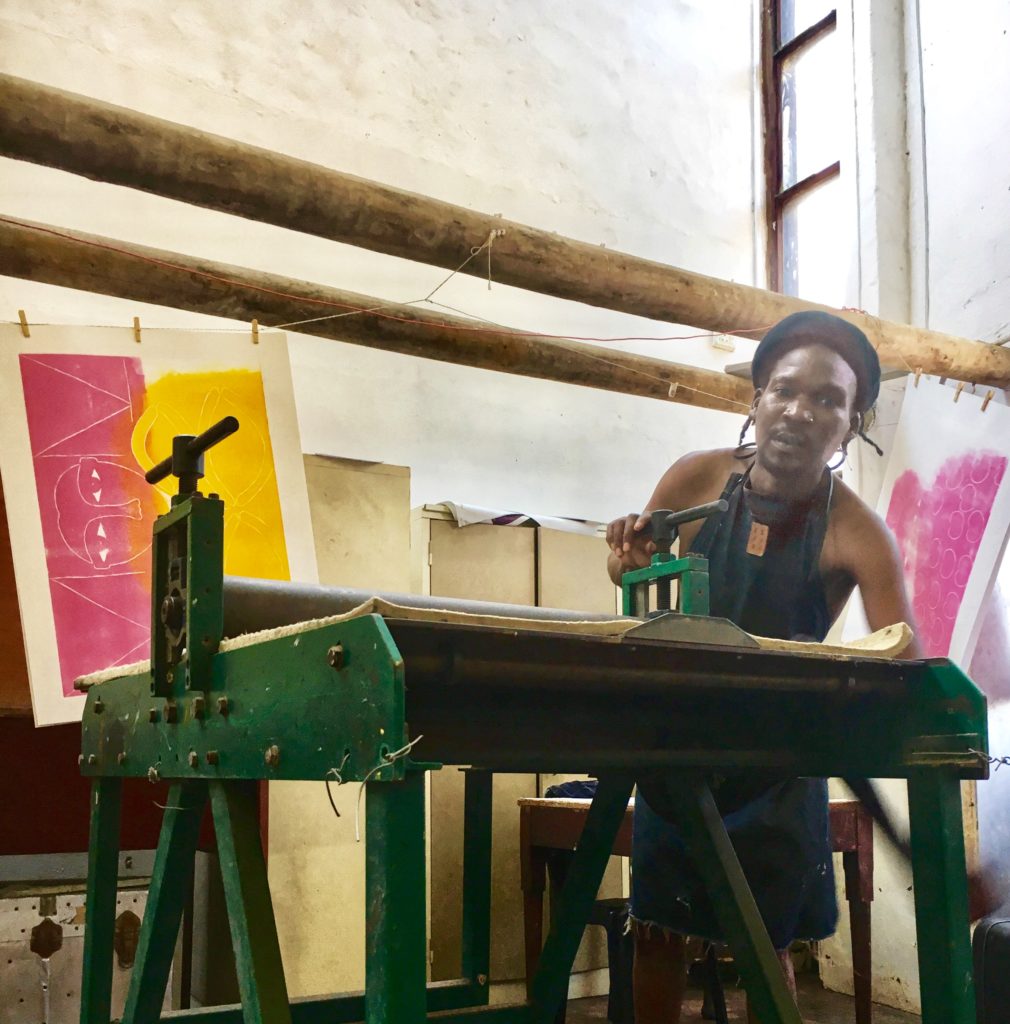By Hannah Green and Serena Hawkey
“His mom sold drugs and abused him. Some nights he slept outside. But after seeing the Zip Zap Circus School performing in Khayelitsha, something told Aviwe Mfundisi to travel the 30km to central Cape Town and apply to join…”
Read more about Aviwe’s story at select.Timeslive.co.za.




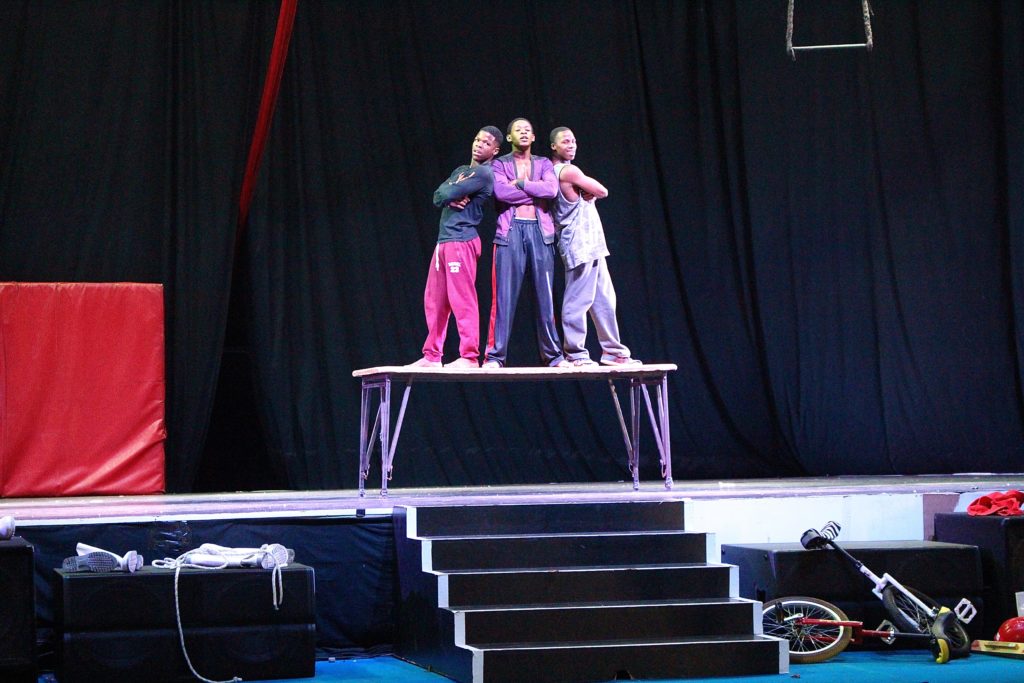
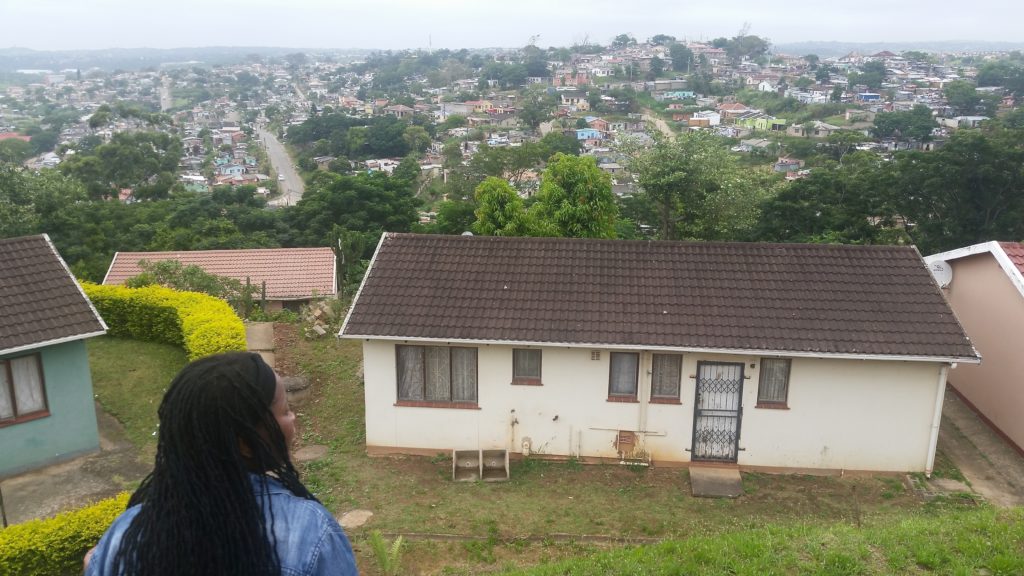
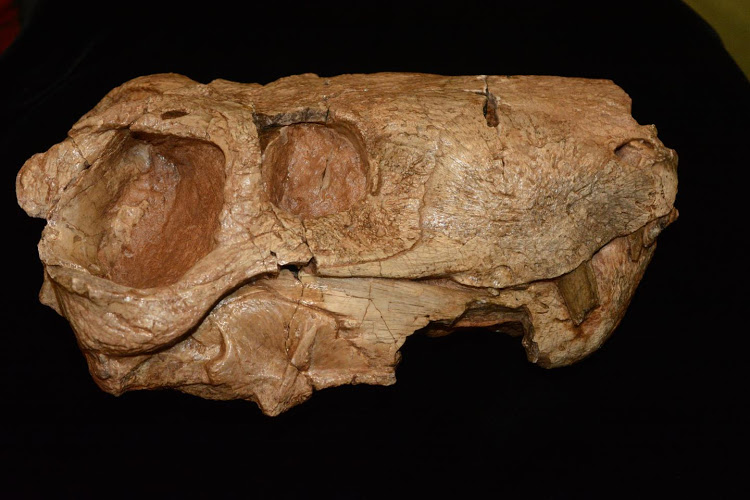

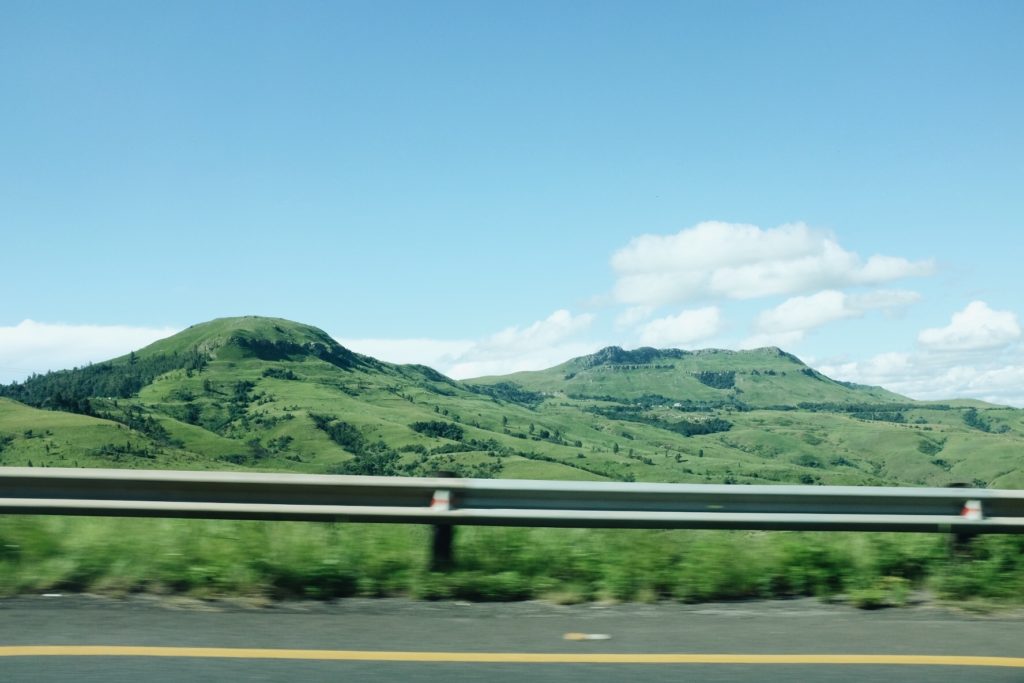
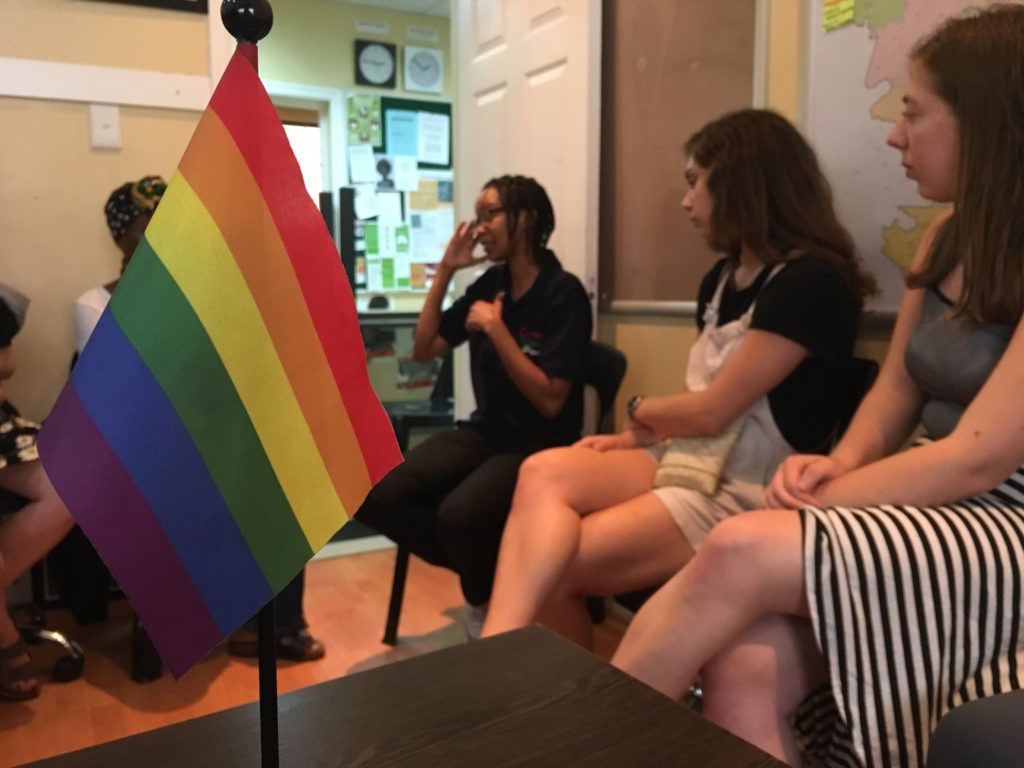
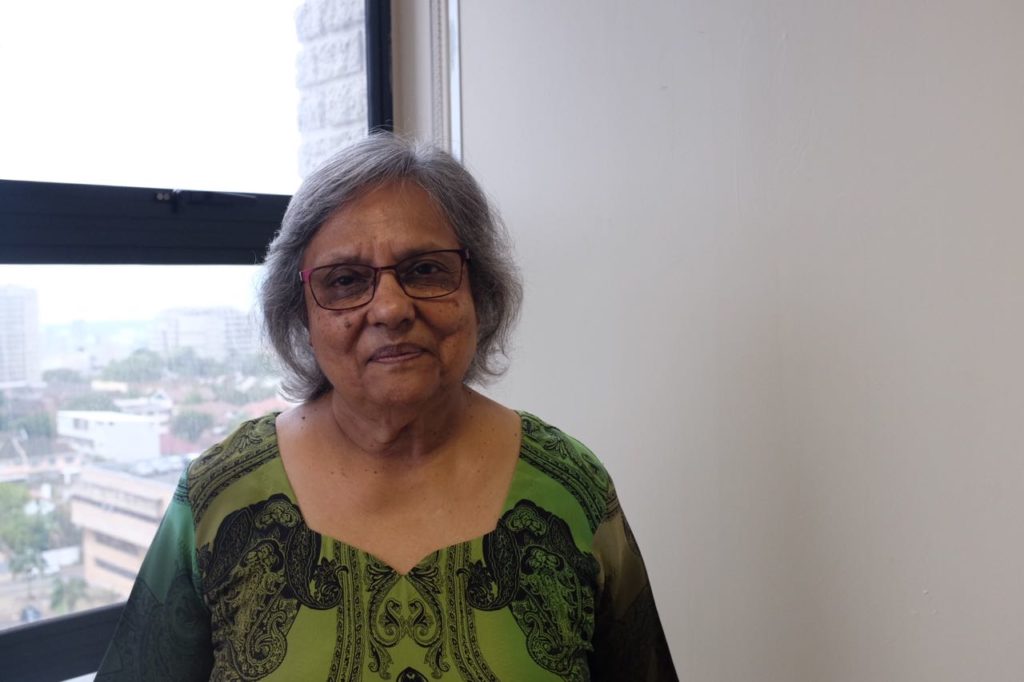
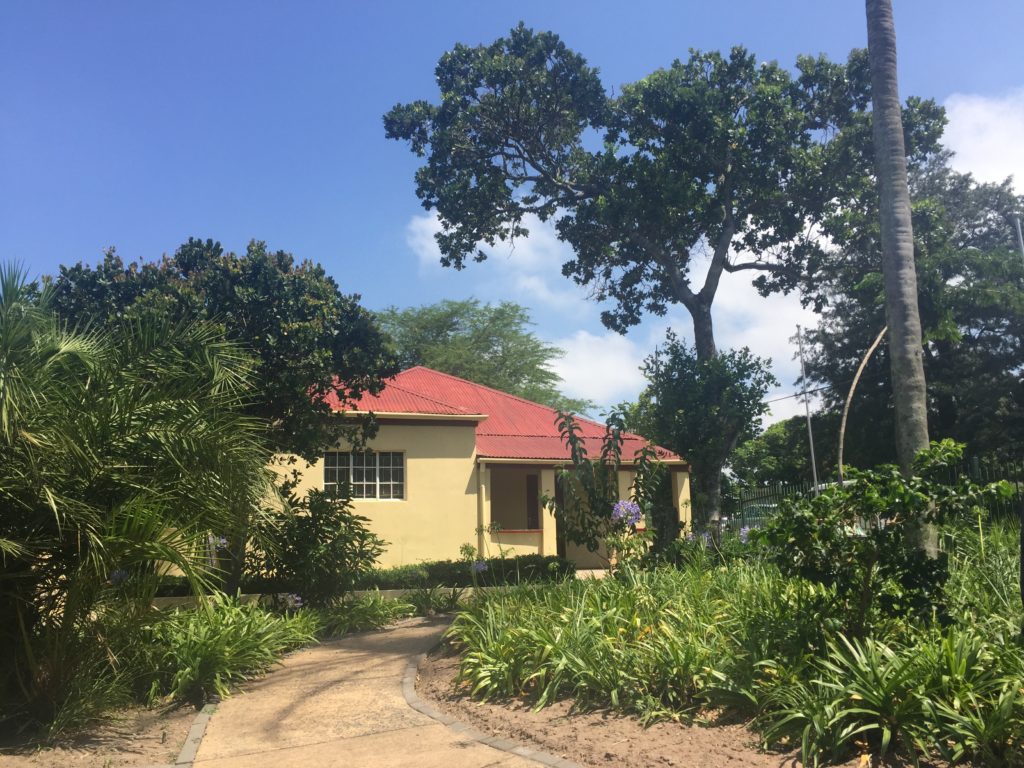
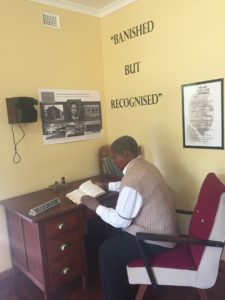 the legacy of its ninth president, Chief Albert John Mvumbi Luthuli. Chief Luthuli served as the ANC President from 1952-1967 and is celebrated for his commitment to opposing white minority rule in South Africa through peaceful means and organised resistance.
the legacy of its ninth president, Chief Albert John Mvumbi Luthuli. Chief Luthuli served as the ANC President from 1952-1967 and is celebrated for his commitment to opposing white minority rule in South Africa through peaceful means and organised resistance.